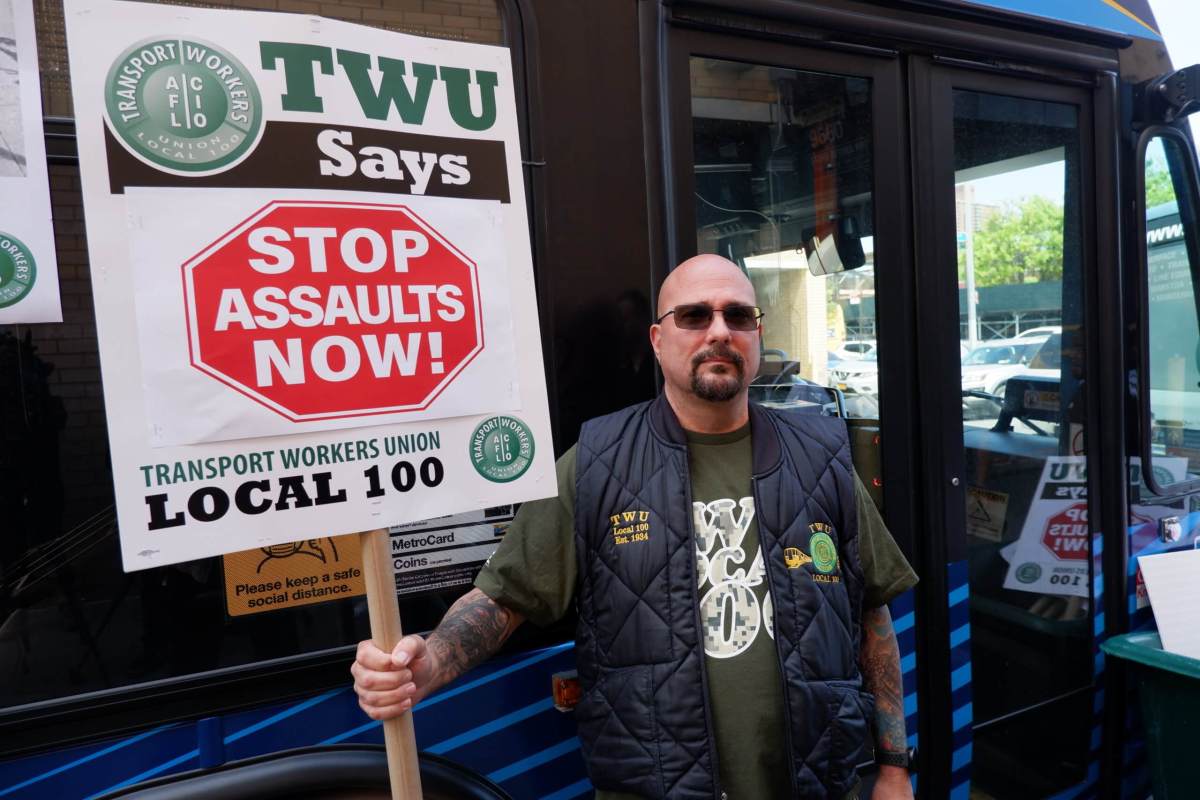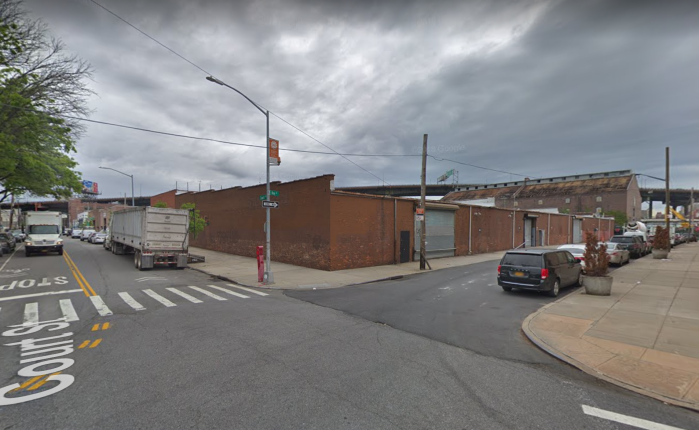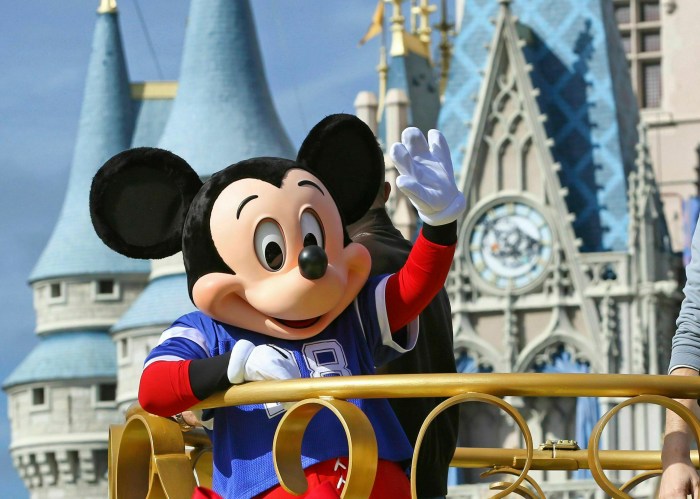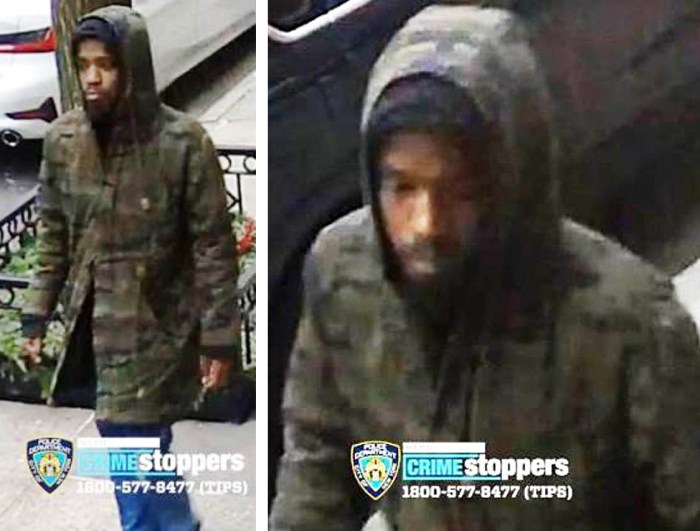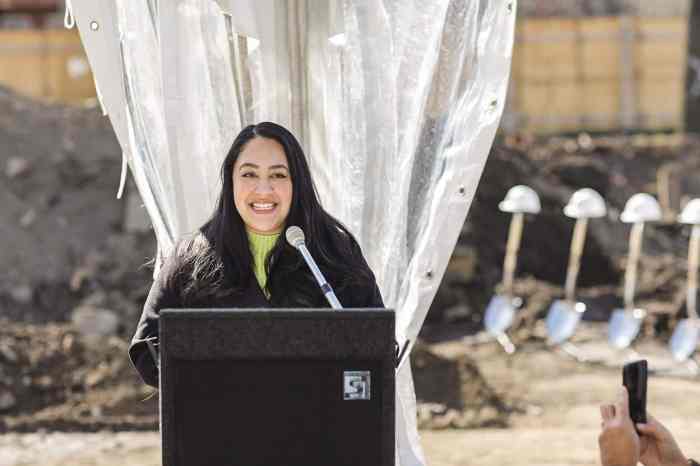Harassment of MTA bus drivers accounts for three-quarters of all transit worker assaults in recent years, and union reps are pushing transit officials to implement better protections for operators.
Data collected since August 2020 by the Metropolitan Transportation Authority and analyzed by amNewYork Metro shows that 73% of attacks against transit workers are harassments of bus workers, including threats and spitting, among other offenses.
Harassment against subway employees made up about 22% for the period spanning August 3, 2020 through May 15 2022, despite trains carrying nearly twice as many riders during that time, according to daily passenger counts by the MTA.
Assaults were equally distributed at 3% of incidents for either mode of transportation.
The statistics roughly overlap with the timespan since MTA resumed collecting fares on buses at the end of August 2020, after a five-month hiatus to protect drivers from the spread of COVID-19.
“I’m not really surprised to see that bus operators are attacked more than any other department, because they’re out in the public and open view, and they’re by themselves,” said Richie Davis, a bus operator who serves as the vice president of the Transport Workers Union Local 100 department of surface transportation in the Bronx and Manhattan.
MTA bus drivers come face-to-face with the public in a uniquely exposed way compared to their underground peers, sitting right next to the farebox where riders get on and pay, with only a half-height divider shielding them from any potential ill-intended commuter, Davis noted.
“I’ve had people trying spit on me, trying to fight me, you know, put their hands on me,” Davis added. “I mean, we’ve all experienced it as bus operators.”
Drivers also have to navigate Gotham’s chaotic and clogged streets, and are often on the receiving end of abuse inside and outside the bus.
Subway workers are in a closed-off cabin, but also face risk when sticking their heads out of windows at subway stops, which is when assaults on them often happen.
Drivers and union reps rallied in Inwood last week calling for more safeguards to protect drivers after a man and a woman brutally beat up the operator of a Bx18 in the Bronx earlier this month.
The labor leaders called for police officers to ride known troubled lines like the Bx18 from end-to-end rather than just hop on for a stop or two.
The MTA should equip its vehicles with fully walled-off cockpits for their drivers as is common in other bus systems, such as in London in the U.K. and on the double-decker tour buses that ferry tourists around Big Apple, the union reps said.
“When you walk inside, the bus operator’s barricaded off, it’s safe, it’s safe for the operator, the visibility’s there, there is no safety issues driving it, and our safety — our personal safety — would be intact,” said Sean Battaglia, fourth vice chair of Local 100’s Bronx and Manhattan surface transport division.
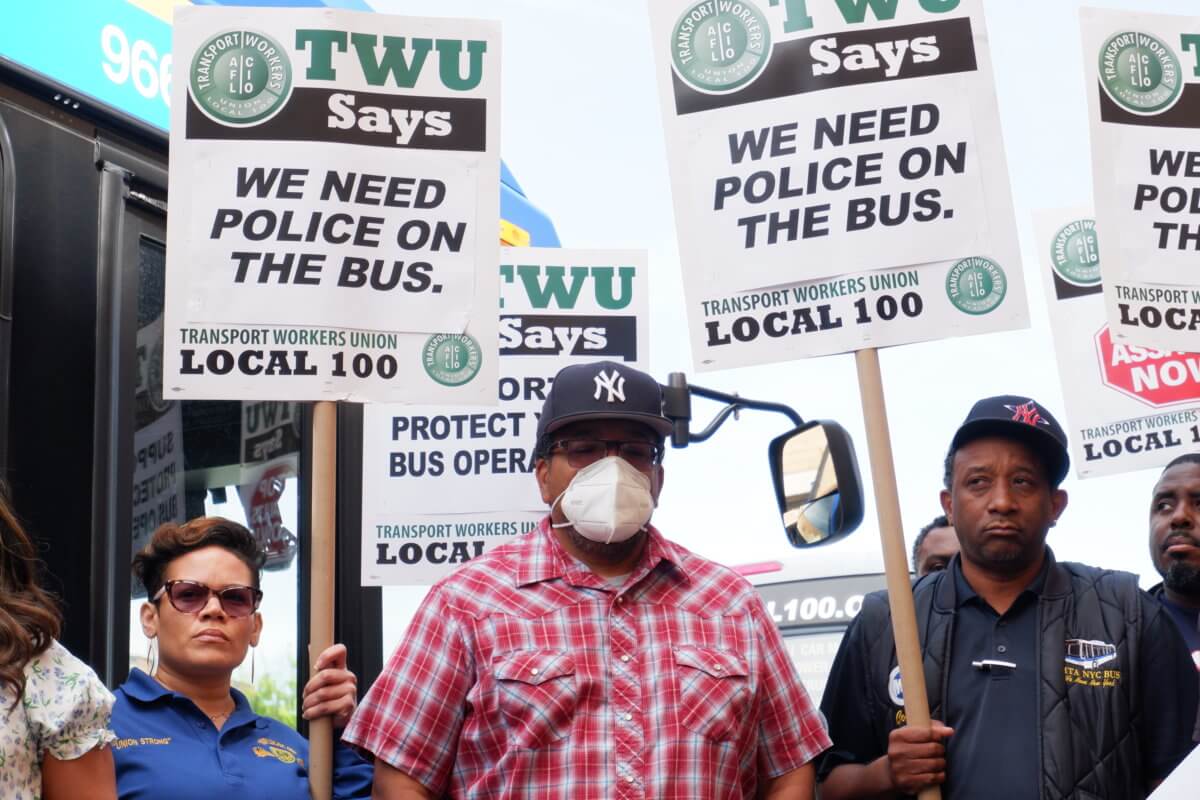
Almost 14 years ago, bus driver Edwin Thomas was stabbed by a rider over fare collection on a B46 in Bedford-Stuyvesant, Brooklyn, and Rondon worried that more women joining the ranks of bus drivers could encourage more bad behavior against the workers.
“The seriousness of this for us, it’s life or death at this point. That’s how we feel,” said Monique Rondon, the chief shop steward for the Kingsbridge bus depot in the northern Manhattan call to action Wednesday.
“We don’t want to die. We don’t want it to be that an operator is killed as it’s happened in the past. We need help,” she added.
MTA has continued to buy new buses without completely-sealed cockpits in the nearly decade-and-a-half since Thomas’s slaying, but more recently transit honchos agreed to working with the union.
Labor and MTA leaders are also pushing state lawmakers in Albany to pass a bill that would upgrade violations against transit workers like spitting to a misdemeanor.
“We’re willing to work with labor on all issues, looking at cockpits for example,” New York City Transit President Richard Davey told amNewYork Metro during an unrelated press conference Sunday. “What we’re also really pushing for is a bill in Albany that expands the definition of assaults on transit workers.”
“Those are the tools we want to get those perpetrators,” the NYCT president added.



